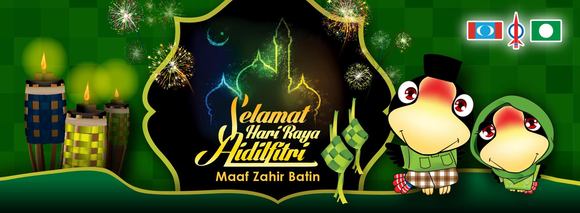Dina Zaman
The Malay Mail Online
July 21, 2013
JULY 21 — When asked the following questions in a closed group on Facebook, “In a 1921 census, the Malays were a minority in their own country because of the British open door migration policy, which served their economic interest. (Hussin Mutalib, Islam and Ethnicity in Malay Politics). Zainah Anwar in a Star 2010 op-ed piece said, political power will always remain in Malay hands. Is this relevant still post-GE13?” the responses were mixed, though a majority disagreed with the sentiment in the question(s).
A number expressed that such sentiments were legitimate during that era, but today, this fear that the Malay race would be extinguished economically, psychologically and physically is irrelevant.
Gregore Lopez, academic, political analyst, activist and visiting fellow at The Australian National University, found the whole idea “… a little rich”, and many debunked the notion.
Yet communal politics is alive and well here. Every year, every month leading up to a by-election, general election, Malaysians are subjected to rumours and hatred is fuelled. Malay supremacy is at stake. The non-Malay bogeymen are out to sap the country dry. Is the 1921 census coming true?
Ahmad Fuad Rahmat, academic and Director of Project Dialog (a non-profit organisation dedicated to inter-faith dialogue) wrote in The New Mandala, a website, on the pathologies of Malay nationalism. Rahmat argued that the nationalist agenda of the country is at odds with the realities of Malaysian life.
“The problem begins with the nation-state ideal; for its coherence depends on there being a people deemed as the rightful owners of a land. It is rooted to the belief that territory is property — a thing to own — and that loyalty to the people means, among other things, the readiness to uphold the integrity of territory to ensure it belongs to the nation,” Rahmat wrote.
Islam, Rahmat as well as other political observers have noted, has repeatedly become a legal tool of uniting the Malays, and as well as control. For Muslims, Islam is already a way of life but for Malay Muslims, Islam has become an identity crutch. In another essay, we will discuss what Islamisation is about. But we must think: is the Islam practised in governance today holistic and healthy?
Gaik Cheng Khoo from the University of Nottingham Malaysia, is of the same opinion as Rahmat. “Constitutional patriotism is in fact growing, partly as a response to the concatenation of Islamisation and the discourse of Malay ethnic hegemony (ketuanan Melayu) which perpetuates identity boundaries between Malays and non-Malays and between Muslims and non-Muslims.” (2013 Constitutional Patriotism in Malaysian Civil Society) Continue reading “Malay-ness this, Malay-ness that”

